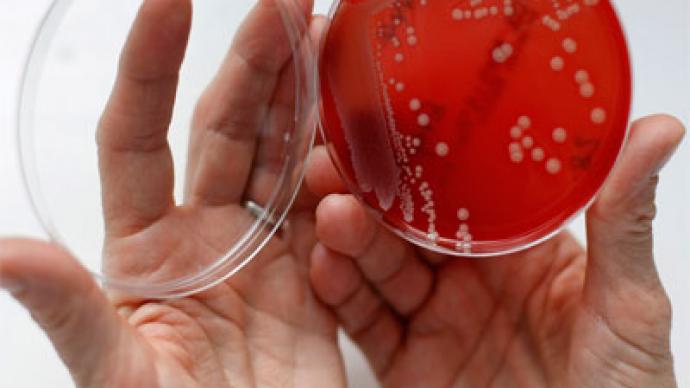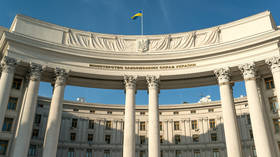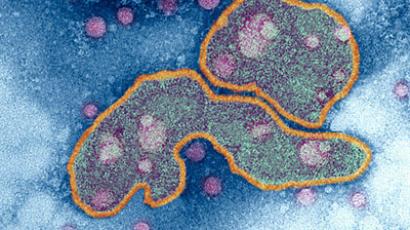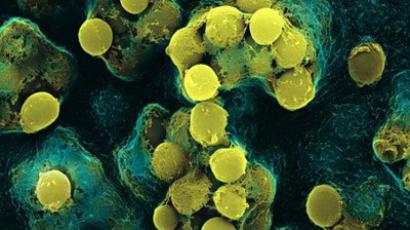Antibiotic Armageddon: Drug resistant diseases could trigger UK apocalypse

The proliferation of drug resistant diseases is as grave a national security threat as a major terrorist attack or global warming and should be added to the national risk register, England's senior medical officer warns.
The Chief Medical Officer for England Dame Sally Davies warned that within 20 years’ time, people would die simply for undergoing simple operations because we might “run out of antibiotics” that still work.“Antibiotics are losing their effectiveness at a rate that is both alarming and irreversible – similar to global warming,” she told MPs on the House of Commons science and technology committee on Wednesday."It is clear that we might not ever see global warming, the apocalyptic scenario is that when I need a new hip in 20 years I'll die from a routine infection because we've run out of antibiotics."She added that there was currently only one antibiotic left able to treat the venereal disease gonorrhea.Davies told the legislators that antibiotic resistance should be added to the national risk register in pursuance of an annual report on infectious disease she is set to publish in March.The register was established in 2008 to advise the public and businesses on national emergencies that Britain could face in the next five years. Currently, the highest priority risks on the register include a flu pandemic, a catastrophic terrorist attack, and a costal flood as was seen during the 1953 North Sea flood – the last time a national emergency was declared in the UK.She blamed the potential crisis on the “broken market model for making new antibiotics” which has seen antibiotic development fall by the wayside as the pharmaceutical industry concentrates on more profitable drugs, especially those for chronic diseases.An ineffective use of antibiotics has also led to the spread of increasingly virulent strains of disease.Hospital superbugs such as MRSA are amongst the most well-known antibiotic-resistant diseases, but doctors were specifically warned of diseases such as gonorrhea, TB and E. coli which target the populace at large.This is not the first time Davies has compared the threat of Antibiotic resistance to Climate Change. In November, she said "Antibiotics are losing their effectiveness at a rate that is both alarming and irreversible – similar to global warming.”Davies has already met with senior officials at the World Health Organization and her counterparts in other countries to hammer out a strategy to tackle the global threat.The World Health Organization made the drug resistance problem the focus of its 2011 World Health Day, warning that the “world is heading towards a post-antibiotic era, in which many common infections will no longer have a cure and, once again, kill unabated.”














